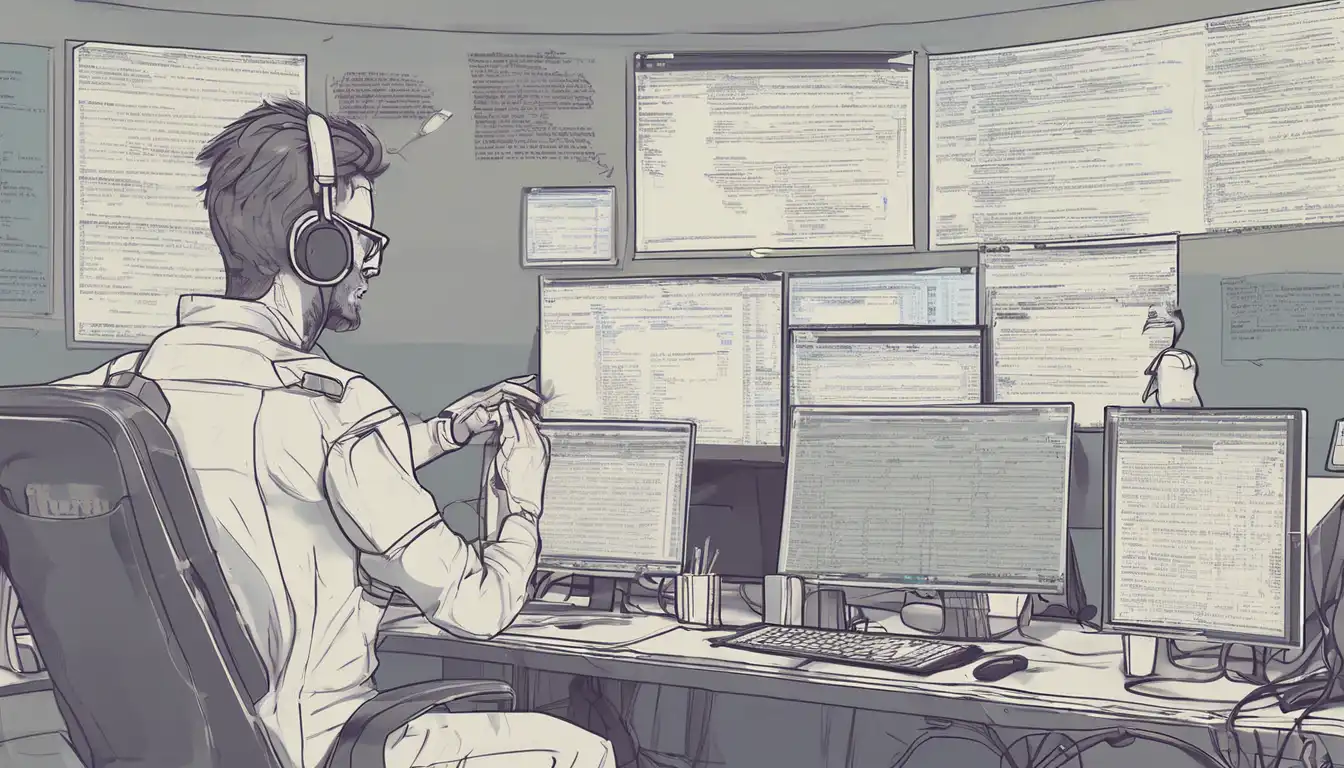Introduction to Professional Code Debugging
Debugging is an essential skill for any programmer, yet many struggle with it. This guide will walk you through the professional techniques to identify and fix bugs in your code efficiently.
Understanding the Debugging Process
Before diving into debugging, it's crucial to understand what it entails. Debugging is the process of identifying, analyzing, and removing errors or bugs from your code to ensure it runs as intended.
Setting Up Your Debugging Environment
A proper debugging environment can significantly streamline your workflow. Ensure your IDE or code editor is equipped with debugging tools like breakpoints, step execution, and variable inspection.
Common Debugging Techniques
- Breakpoints: Pause your code execution at specific points to inspect the current state.
- Logging: Use console logs to track variable values and execution flow.
- Unit Testing: Write tests to isolate and verify individual parts of your code.
- Peer Review: Sometimes, a fresh pair of eyes can spot issues you've overlooked.
Advanced Debugging Strategies
For more complex issues, consider advanced strategies such as profiling your code to identify performance bottlenecks or using version control to track when and where bugs were introduced.
Debugging Tools and Resources
Leverage tools like Chrome DevTools for web development or Xcode for iOS apps. Online forums and documentation can also be invaluable resources when you're stuck.
Preventing Future Bugs
Adopting best practices such as code reviews, continuous integration, and writing clean, modular code can help minimize bugs in your projects.
Conclusion
Debugging is a skill that improves with practice and patience. By applying these professional techniques and tools, you can enhance your debugging efficiency and become a more proficient programmer.
For more insights into programming and software development, check out our programming tips section.
